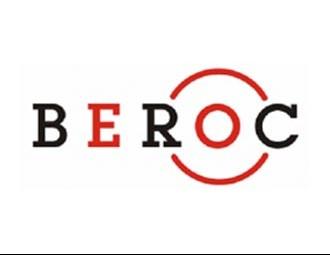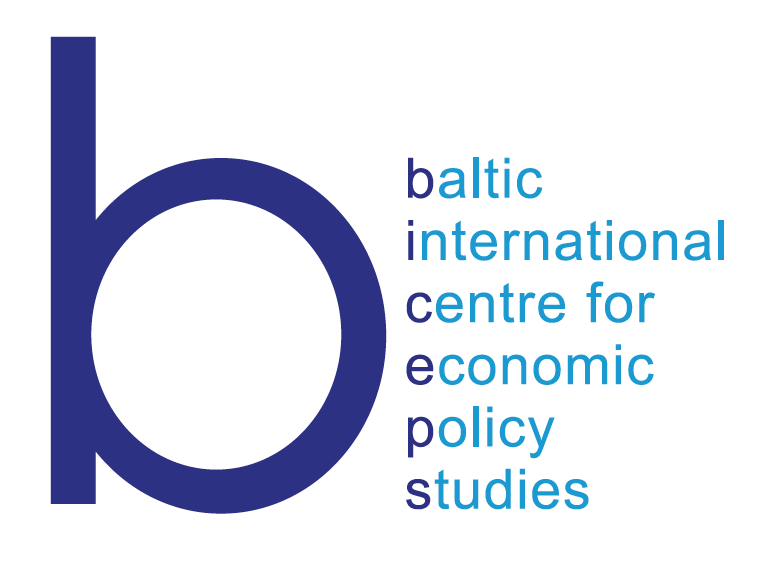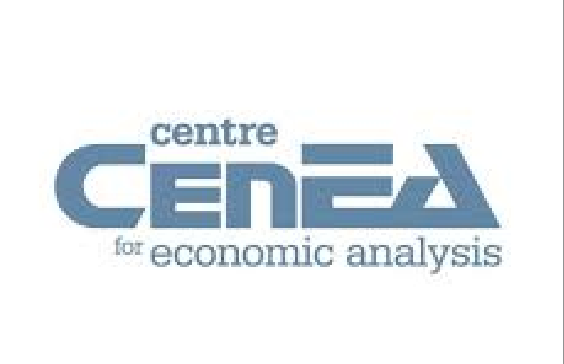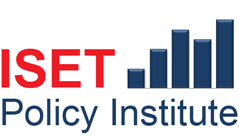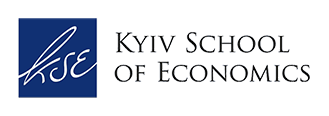SITE Sister Institutes
BEROC - Belarusian Economic Research and Outreach Center
BEROC started its work as joint project of Stockholm Institute of Transition Economics (SITE) and Economics Education and Research Consortium (EERC) in 2008 with financial support from Swedish International Development Cooperation Agency (SIDA). Today BEROC is an established leading economic academic think-tank in Belarus. BEROC engages prominent representatives of scientific economic diaspora from the world's leading universities and research centers to take part in Center's research and outreach projects.
BICEPS - Baltic International Centre for Economic Policy Studies
BICEPS, which is now located on the fourth floor of the Stockholm School of Economics in Riga building, started operations in 2001 with the help of a grant from the Swedish Foreign Ministry and with assistance from the Stockholm Institute of Transition Economics (SITE). BICEPS became an independent legal entity in May 2002. BICEPS now has a broad and expanding portfolio of projects and a largely young and dedicated staff that includes some of the first returning PhDs from doctoral programmes abroad. BICEPS is a part of an integrated network of research centres and universities in the region with partners in the Baltic states, Sweden, Russia, Poland and Ukraine. Together with SSE Riga BICEPS publishes Baltic Journal of Economics (BJE) which reports on the latest research in the Baltic states and offers commentary on economic developments.
CENEA - Centre for Economic Analysis
CenEA is an independent non-profit academic research institute aiming to provide rigorous highest level analysis of effects of economic and social policy with a focus on Poland.
CenEA strives to promote effective evidence-based policy by improving the understanding of consequences of economic and social policies on individuals, firms and the economy as a whole. CenEA was initially established as the Warsaw Institute for Socio-Economic Research, WISER, and is the Polish node of the SITE Network.
ISET-PI - International School of Economics Policy Institute
The ISET Policy Institute is one of the first university-based think-tanks in the South Caucasus. It is based at the International School of Economics (ISET) of Ivane Javakhishvili Tbilisi State University (TSU) in Georgia.
ISET Policy Institute was founded in 2011 by the Partnership for Economics Education and Research (PEER) with the financial support of the Think Tank Fund (TTF) of the Open Society Institute. It is also a member of the Stockholm Institute of Transition Economics (SITE ) network, including such established centers of excellence in economics teaching and research as NES/CEFIR (Moscow), KIE/KSE (Kyiv), and BICEPS/SSE (Riga).
KSE/KEI -Kyiv School of Economics Kyiv Economics Institute
Starting from January 2013 KEI is operating as a research branch of the Kyiv School of Economic. KEI has built excellence in research and policy advice in economics and governance and has provided Ukraine with a new channel for strategic research and evidence-based policy decision-making. KEI team includes qualified economists with academic degrees from leading Western universities, who continue their research in Ukraine.
